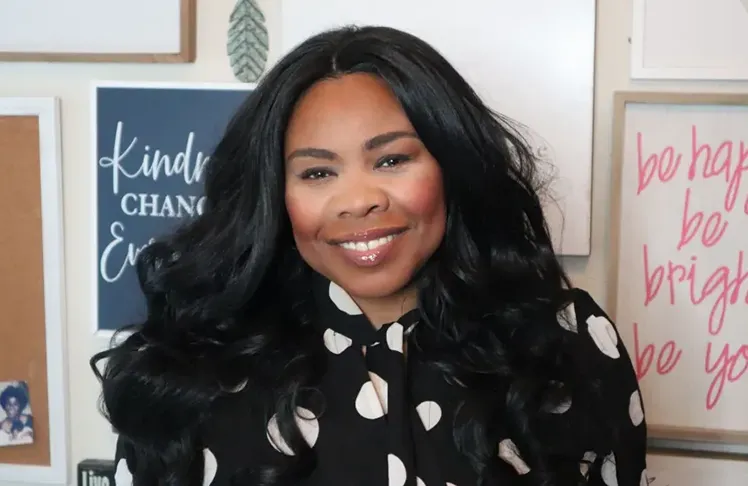
It’s a holiday tradition in many homes: between the clinking of glasses and the passing of the candied sweet potatoes, someone asks everyone to share what they’re thankful for. The ensuing answers are often a mix of the intangible — health, resilience, friendship — with tangible blessings like cars, homes, jobs, and the like. There’s laughter, sometimes tears, and plenty of reflection.
But gratitude isn’t just a warm, fuzzy feeling. It’s a practice rooted in something deeper.
“The word gratitude is derived from the Latin word gratia, which means grace, graciousness, or gratefulness,” notes Harvard Health Publishing. It’s about recognizing the good in your life, both big and small, while also seeing how those blessings connect us to something larger — “whether to other people, nature, or a higher power.”
As Psalm 100:4 tells us, “Enter into his gates with thanksgiving, and into his courts with praise: be thankful unto him, and bless his name.”
The Science of Gratitude and Happiness
According to happiness scholar Dr. Kortni Alston Lemon, there are actually scientific benefits to gratitude, too.
Lemon has dedicated her career to exploring the power of gratitude. Her journey began in tragedy — becoming a widow at just 25 years old. “I remember looking in the mirror and saying, ‘Kortni, this will make you even stronger,’” she recalls.
Her grief didn’t vanish, but her perspective shifted. “Now, more than 25 years later, I’m happily married to an amazing man who’s an optimist like myself.”

While pursuing her doctorate at the University of Florida, Alston Lemon discovered positive psychology, the study of what helps people thrive. For her, gratitude became a cornerstone—not just in her personal healing but in her work training journalists to prioritize their well-being in an industry often marked by trauma.
”It is essential that the storytellers behind the news focus on well-being since they’re exposed to work-related trauma from the stories they cover,” Alston Lemon explains. “My life’s work is to provide them with the support they need.
Although many are resistant to the concept, she finds ways to engage them and ultimately win them over.
”Once they hear the scientific benefits of gratitude, from helping with stress to sleeping, some become curious. But what I believe they really treasure is my vulnerability in sharing my story of resilient grieving,” Alston Lemon says.
“And then I ask them what one or two things they are grateful for right now. It changes their mindset from what I don’t have to what I do have.”
Ready to Feel Happier? Start Here
Gratitude can be hard to find, especially during tough times. But since journeys start with small steps, these tips, inspired by the University of Minnesota, are simple ways to build a gratitude practice:
- Keep a gratitude journal: Write down one or two things you’re thankful for each day.
- Say it out loud: Share three good things that happen daily with a friend or partner.
- Express your thanks: A quick “thank you” text or note to someone who made a difference can brighten their day — and yours.
- Look for silver linings: Even in challenges, find the small victories or lessons.
- Practice self-gratitude: Acknowledge what you’ve done well or what you’ve overcome.
It’s always a good time of year to consider what gratitude could mean for you — not just as a holiday sentiment but as a life-changing habit. Because when we focus on what we have instead of what we lack, the feast before us becomes all the sweeter.















